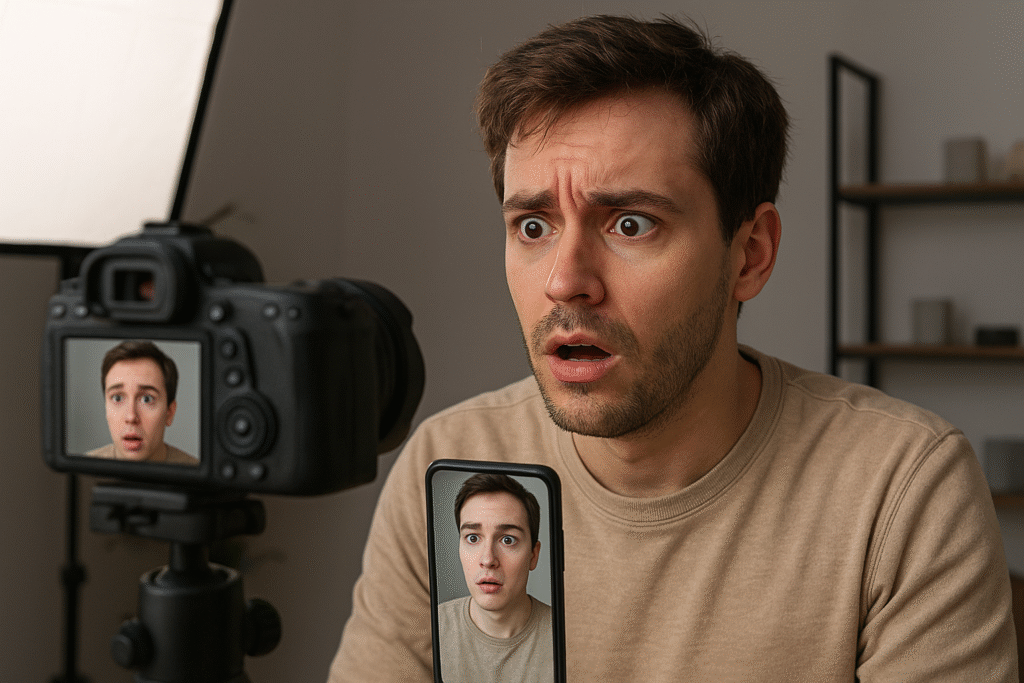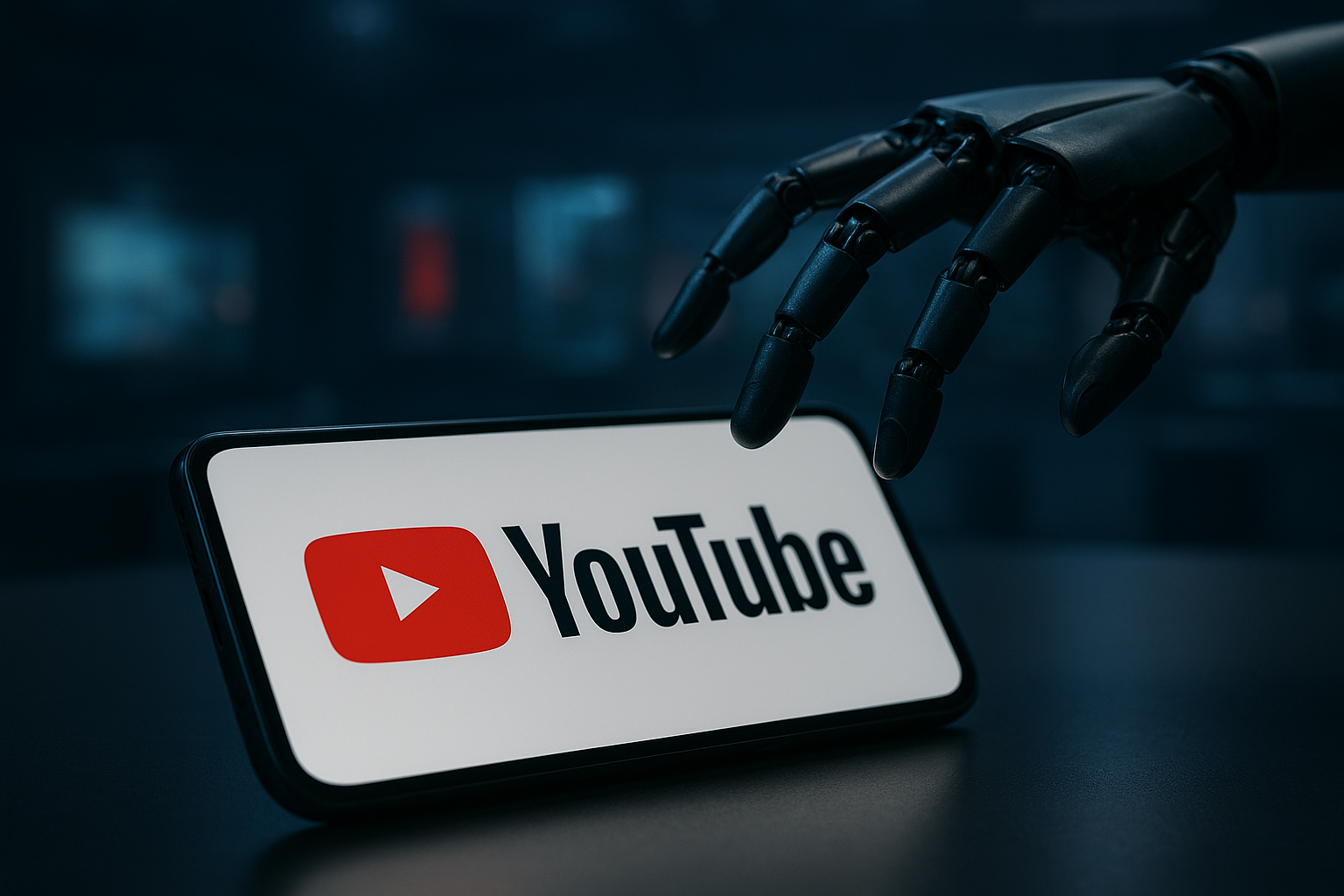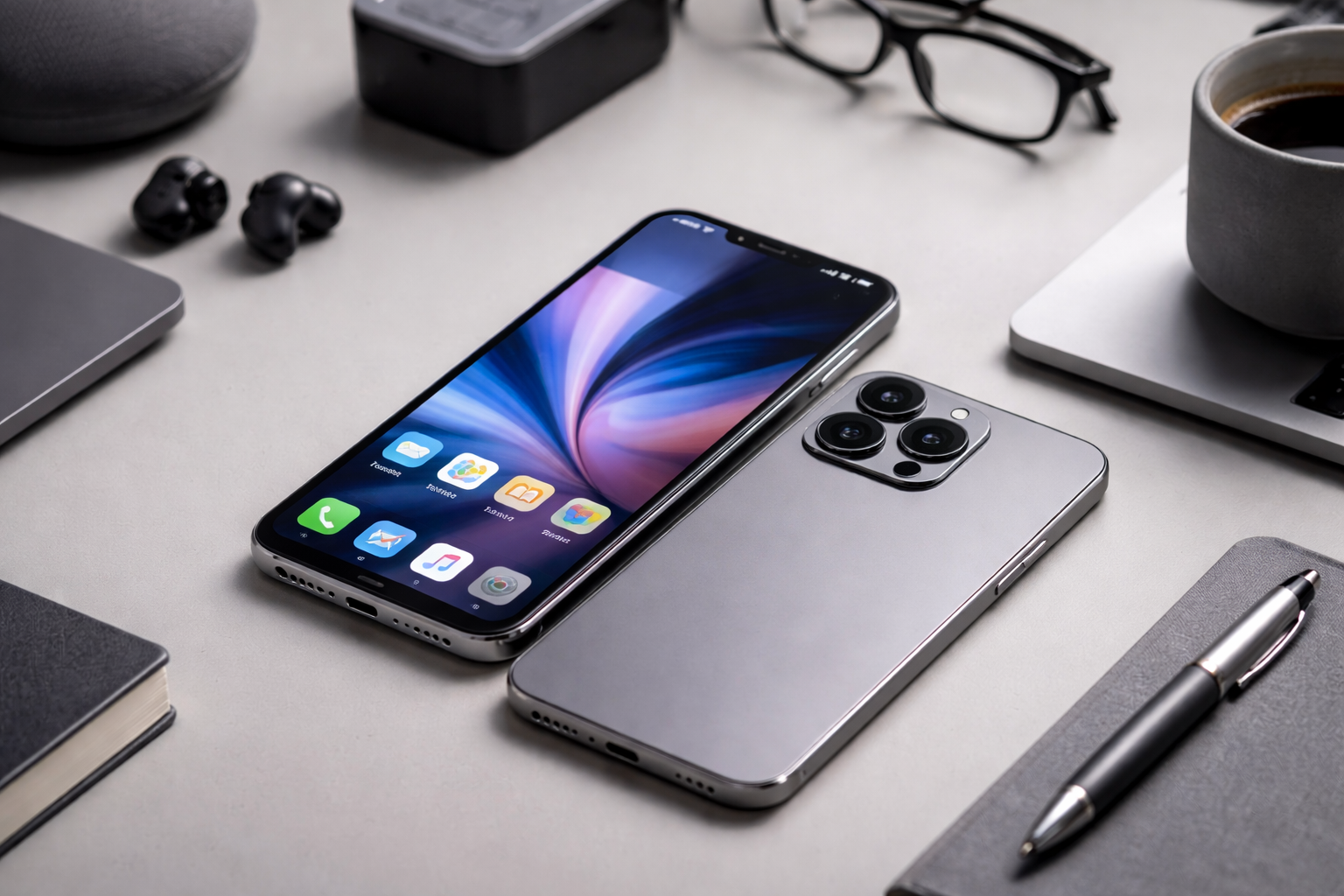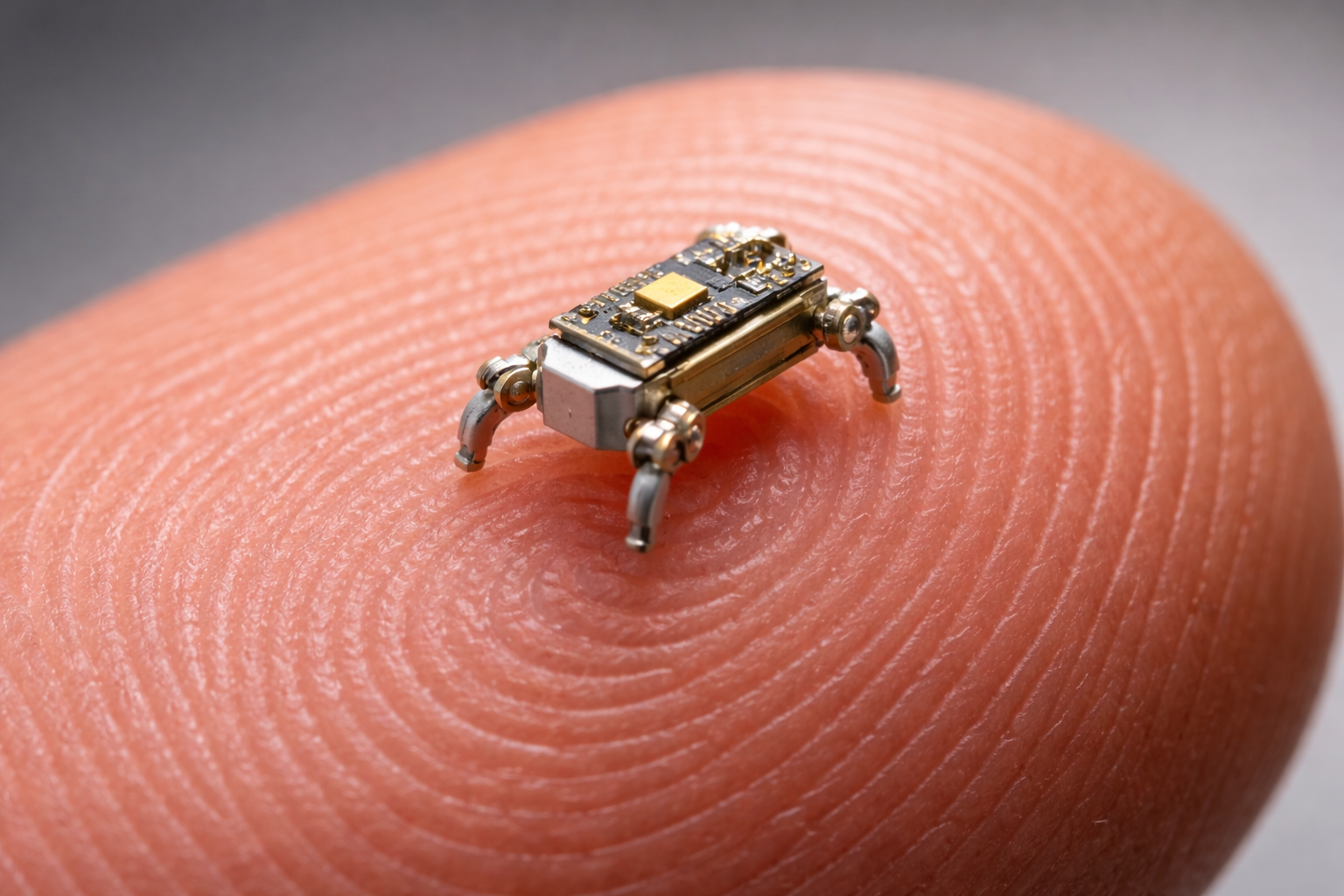Intro
YouTube has landed in controversy after creators discovered that their Shorts were being modified by AI editing tools without their knowledge. The silent rollout has raised concerns over transparency and whether creators still have control over how their videos are shown to audiences.
Context
Short-form video is now the centerpiece of social media. YouTube Shorts, launched to rival TikTok and Instagram Reels, has quickly become one of the platform’s biggest growth engines. Until now, creators were fully in charge of their edits. But with AI entering the frame, YouTube seems to be reshaping that balance.
The Latest Development
Several creators noticed subtle but noticeable changes in their uploaded Shorts, sparking a wider debate. YouTube later admitted that it had applied machine-learning enhancements “to improve video clarity,” but stopped short of calling them generative AI.
Some of the changes included:
- Faces appearing unusually smooth, as if beauty filters were applied.
- Textures like hair and fabric looking unnatural or distorted.
- No prior notification to creators before edits were made live.
For many, the bigger issue isn’t the technical tweak, but the lack of communication.

Expert / Insider Quote
Guitarist and YouTuber Rhett Shull spoke out after noticing changes in his videos:
“The problem isn’t just the edit. It’s that viewers think I made those choices. That damages trust between me and my audience.”
Digital analysts echo this concern, saying YouTube risks blurring the line between platform intervention and creator intent.
Why It Matters
At its core, this is about ownership and trust. If YouTube can edit Shorts without consent, creators lose control over their personal brand. And for viewers, it becomes harder to know whether they’re watching a creator’s work—or a platform’s version of it.
What’s Next
YouTube may need to course-correct quickly. Industry insiders suggest:
- Allowing creators to opt out of automatic enhancements.
- Adding a “modified by YouTube AI” label on videos.
- Opening public discussions with the creator community before rolling out further changes.
Failure to address the issue could deepen rifts between the platform and the creators it relies on.
Closing Line
The incident highlights a bigger debate: in the AI age, who really controls online content—the platform or the people who create it?



